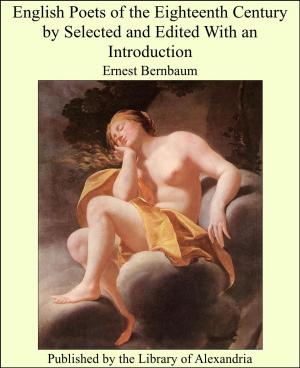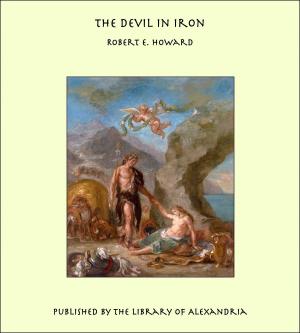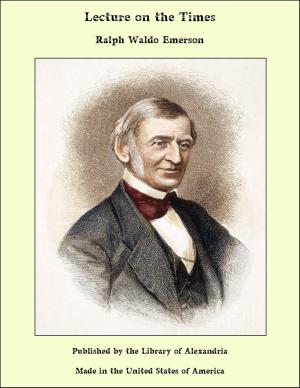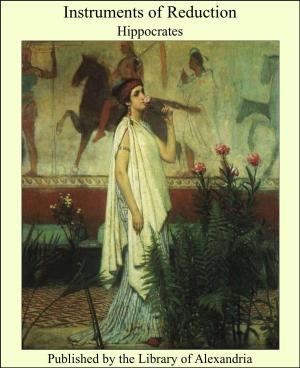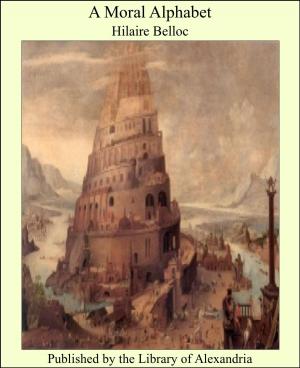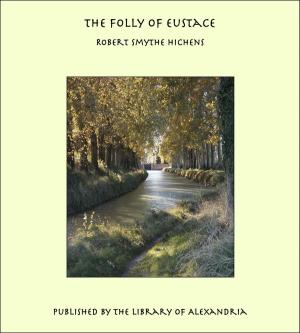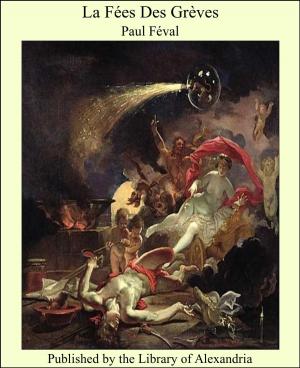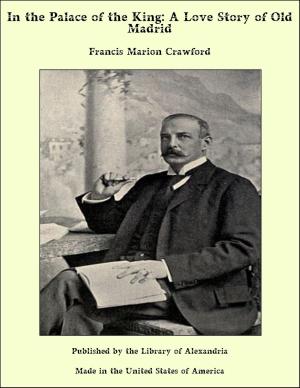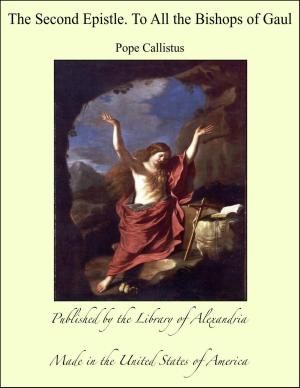| Author: | Alexander MacGregor | ISBN: | 9781465535542 |
| Publisher: | Library of Alexandria | Publication: | March 8, 2015 |
| Imprint: | Language: | English |
| Author: | Alexander MacGregor |
| ISBN: | 9781465535542 |
| Publisher: | Library of Alexandria |
| Publication: | March 8, 2015 |
| Imprint: | |
| Language: | English |
IN a novel written in the last decade but one of the nineteenth century by an Australian lady in collaboration with a member of Parliament, one of the characters stops another "to ask for the explanation of this or that Australian phrase," wondering whether "it would be better to give the English meaning of each word after the word itself, and to keep on repeating it all through, or would it do to put a footnote once for all, or how would it do to have a little glossary at the end?" As it happens, oddly enough, the authors of The Ladies' Gallery have not themselves done any one of these things; and therefore, if we chance to read their fiction, we are left to grope for ourselves when in the first two chapters we are told of "the wild howling of the dingoes in the scrub," and when we learn that the hero had "eaten his evening meal—damper and a hard junk of wallabi flesh"—while his "billy of tea was warming." Then we are informed that "he had arranged a bed with his blankets, his swag for a pillow," and that he wished for a good mate to share his watch, or even "a black tracker upon whom he could depend as a scout." We are told also that this hero, who "was not intended to grub along," hears a call in the night, and he reflects "that a black fellow would not cou-ee in that way." Later he cuts up "a fig of tobacco;" he says "we can yarn now;" he speaks of living on "wild plums and bandicoot;" and he makes mention of "a certain newchum." From the context we may fairly infer that this last term is the Australian equivalent of the Western tenderfoot; but who shall explain the meaning of damper and dingoes, cou-ee and bandicoot? And why have scrub and billy, grub and fig, taken on new meanings, as though they had suffered a sea-change in the long voyage around the Cape or through the canal? As yet, so far as I know, no British critic has raised a cry of alarm against the coming degradation of the English language by the invasion of Australianisms.
IN a novel written in the last decade but one of the nineteenth century by an Australian lady in collaboration with a member of Parliament, one of the characters stops another "to ask for the explanation of this or that Australian phrase," wondering whether "it would be better to give the English meaning of each word after the word itself, and to keep on repeating it all through, or would it do to put a footnote once for all, or how would it do to have a little glossary at the end?" As it happens, oddly enough, the authors of The Ladies' Gallery have not themselves done any one of these things; and therefore, if we chance to read their fiction, we are left to grope for ourselves when in the first two chapters we are told of "the wild howling of the dingoes in the scrub," and when we learn that the hero had "eaten his evening meal—damper and a hard junk of wallabi flesh"—while his "billy of tea was warming." Then we are informed that "he had arranged a bed with his blankets, his swag for a pillow," and that he wished for a good mate to share his watch, or even "a black tracker upon whom he could depend as a scout." We are told also that this hero, who "was not intended to grub along," hears a call in the night, and he reflects "that a black fellow would not cou-ee in that way." Later he cuts up "a fig of tobacco;" he says "we can yarn now;" he speaks of living on "wild plums and bandicoot;" and he makes mention of "a certain newchum." From the context we may fairly infer that this last term is the Australian equivalent of the Western tenderfoot; but who shall explain the meaning of damper and dingoes, cou-ee and bandicoot? And why have scrub and billy, grub and fig, taken on new meanings, as though they had suffered a sea-change in the long voyage around the Cape or through the canal? As yet, so far as I know, no British critic has raised a cry of alarm against the coming degradation of the English language by the invasion of Australianisms.

